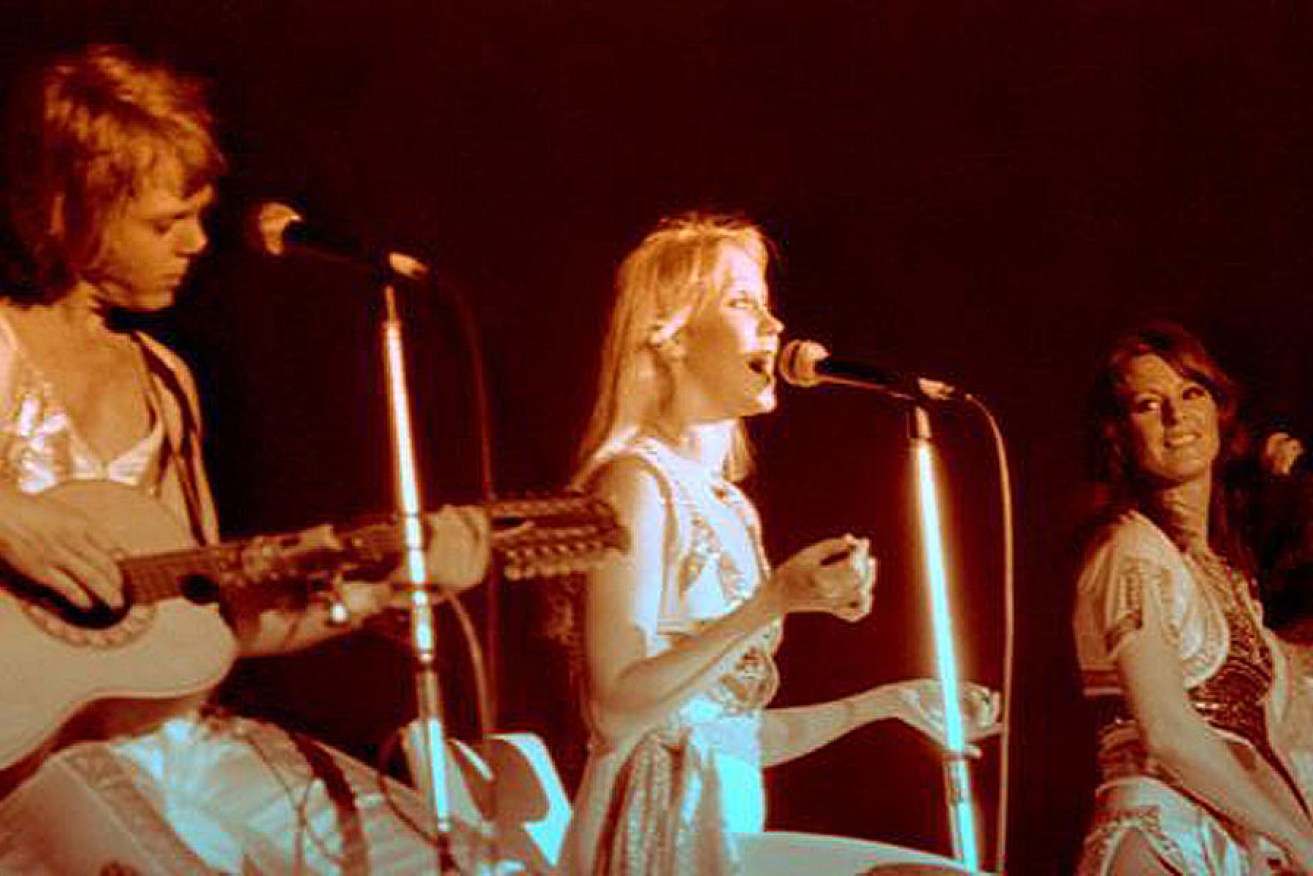Beyond nostalgia’s warm glow

Supergroup ABBA positively glowing with nostalgia.
“Can you hear the drums, Fernando?”
Zap! I’m back in 1976 admiring the new Valiant Charger parked next to us. It’s always 33C with clear blue skies. There’s a light breeze holding up the surf south of Adelaide and I’m 17 and I’m with a girl who must positively be home by 9.00 pm or else. Hey Charger!
Old photographs, scents or the melody of a hit by ABBA, are the sensory indexes of our childhood and teenage memories. We immerse ourselves in the warm, soapy bath of yesteryear.
Our culture is obsessed with anniversaries, retrospectives and the return of superannuated rock bands. While the Boomers haven’t monopolized nostalgia, they have certainly cornered the market.
The very word ‘nostalgia’ had a very different meaning when a Swiss physician, Johannes Hofer, around 1688, first coined it. It described soldiers struck by an almost physical longing for their native land. Napoleon’s troops got it real bad. Back then medicos called it a disease. We’d call it homesickness or pining.
Recent research shows that loneliness or feelings of meaningless may be the main triggers of nostalgia. Is the present so nilhistic and materialistic, that we seek escape in an idealized past?
Nostalgia expert Associate Professor Clay Routledge, from the Department of Psychology at the North Dakota State University, thinks not. He says nostalgia increases positive mood, self-esteem and feelings of social connectedness.
“Studies indicate that nostalgic memories focus on treasured life experiences. People are nostalgic about time spent with loved ones and friends. Nostalgic memories have happy endings,” Associate Professor Routledge said.
How did this longing for yesteryear arise? The Boomers and later generations created a distinctive youth culture of rock n roll and fashion. Their teenage years represented a brief flowering of security and freedom, insulated from the pressures of maturity. This was the rich soil in which nostalgia grew.
This is not to suggest that previous generations didn’t reminisce or indulge in ‘sweet melancholy’. The English Romantic movement praised the beauty of childhood, believing it was closer to true nature – what ever that was.
Today, it’s a matter of scale. Marketers and advertisers have created a global nostalgia industry worth billions of dollars. They have culled the symbols and sounds of the 1950s, 60s and 70s and they are selling it back to us at today’s prices.
One side effect of looking backwards while trying to go forwards is the erasure of the value of nostalgia. If you are surrounded by the iconography and soundtracks of your youth – albeit 40 years later – then the impact is greatly diminished. There are only so many times one can hear Procol Harem’s ‘A Whiter Shade of Pale’ before it loses its elan.
Generation Y has gone wistful too, adopting the Harry Potter books and the music of the late 1990s, as touchstones to their childhood. Fair enough. One doesn’t need to look back 50 years to reminisce.
A Facebook page ‘Adelaide Remembers When’ trades on nostalgia by posting pictures of the city in the 50s, 60s and 70s, as remembered by the Boomers. The site idolizes the past over the present. It’s easy and fun.
There’s a flip side. Nostalgia can also feed off a broader sense of pessimism and decline in our society. For some, it creates a default position where the past was always better than the present. Nostalgia can be an anvil upon which to hammer the ideals of young people and forge a reactionary politics.
By the mid 1970s the Australian economy was hit by stagflation – high inflation and high unemployment. But it was about this time that the first of the UK Edwardian and Victorian period dramas such as the The Forsyte Saga and The Onedin Line hit our TV screens.
These highly stylized productions returned us to a kinder and gentler world; a world of bonnets and good manners.
We’ve been looking back ever since.
Malcolm King works in generational change. He is an Adelaide writer.




